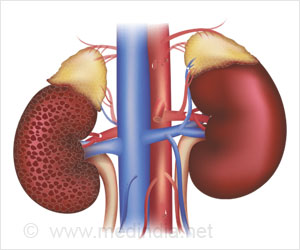A latest study shows that people who suffer from sleep apnea run a higher risk of complications resulting from anesthesia administered during
A latest study shows that people who suffer from sleep apnea run a higher risk of complications resulting from anesthesia administered during surgery .
Sleep apnea is a condition in which patients stop breathing periodically during sleep . Statistics show the most common form of the condition, known as obstructive sleep apnea, affects as many as 4 percent of all middle-aged men and 2 percent of all middle-aged women.Researchers say 80 percent of these people have yet to be diagnosed with the condition. Thereby proving that many people who are put under anesthesia for surgical procedures are not being treated with proper measures aimed at preventing complications, such as the use of alternative methods of pain relief and methods to assist patients with their breathing both before and after surgery. Researchers also say patients may need more careful monitoring in intensive care units.
In conclusion researchers say that surgeons of all specialties, as well as anesthetists, should be aware of the fact that undiagnosed obstructive sleep apnea is common and in the case of a medical history suggestive of obstructive sleep apnea, particularly in obese patients with a short bulky neck and a large tongue, full night polysomnography should ideally be done before surgery takes place.











